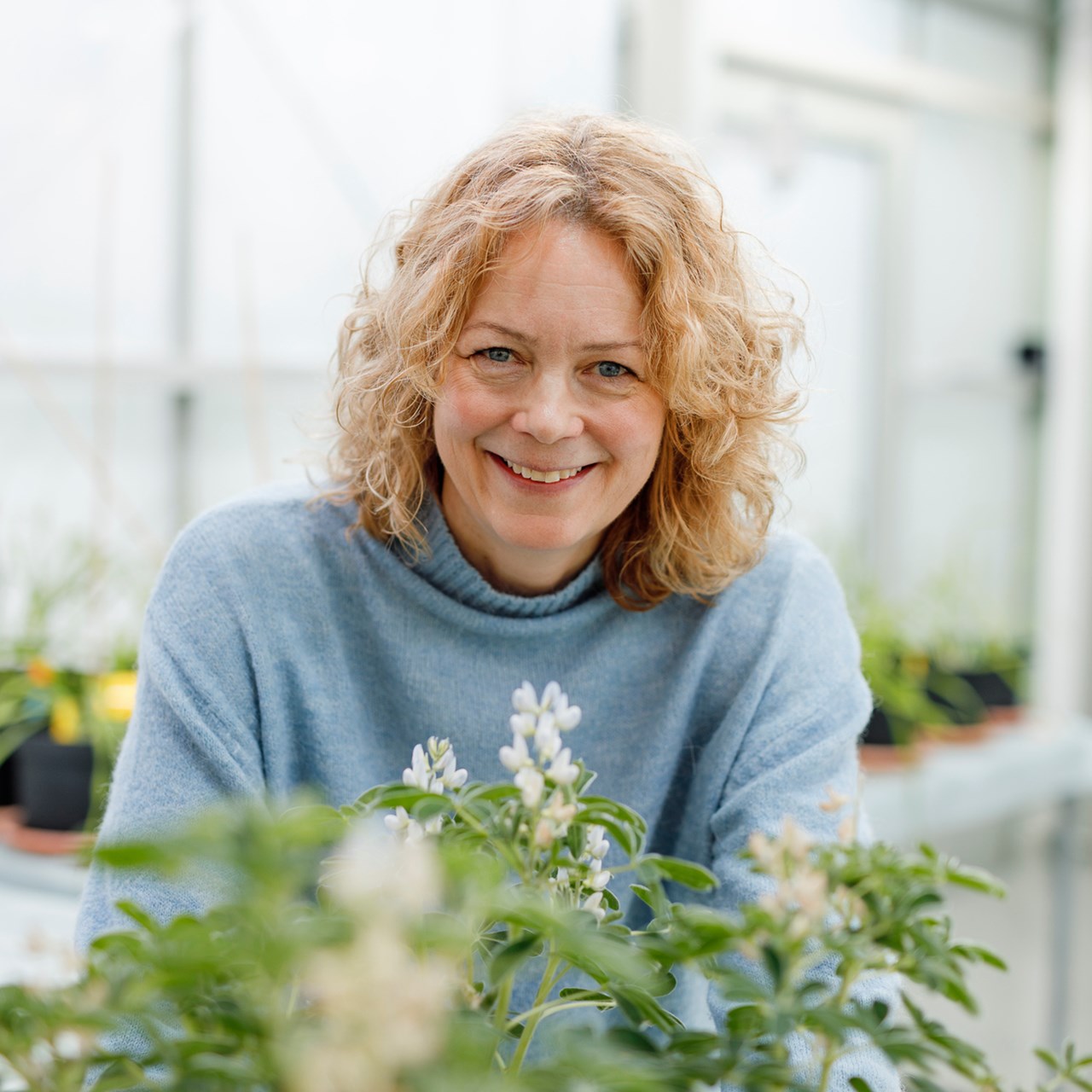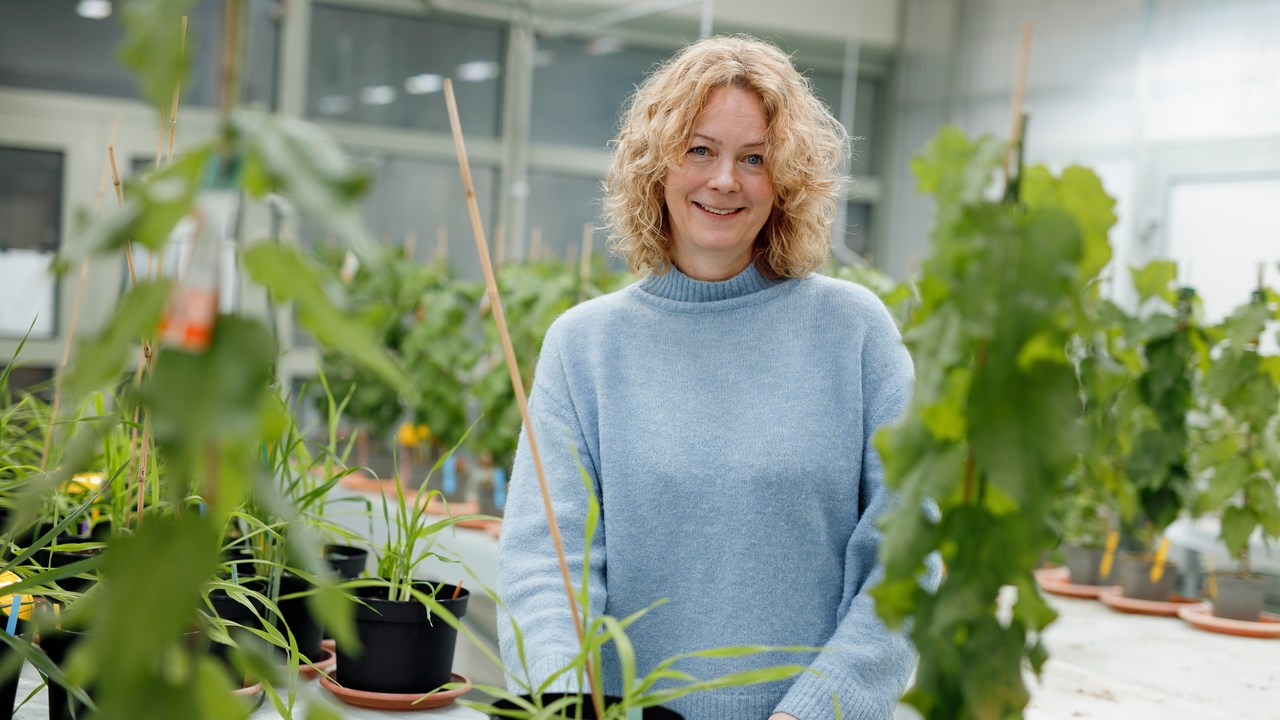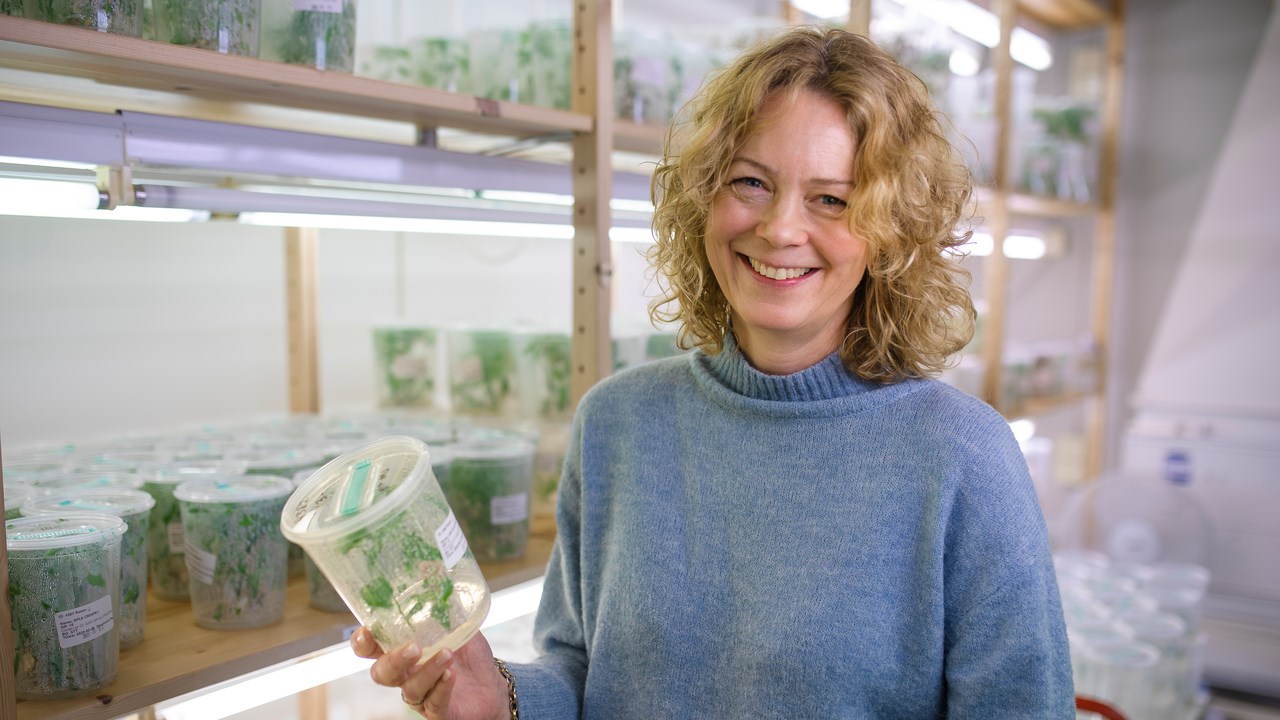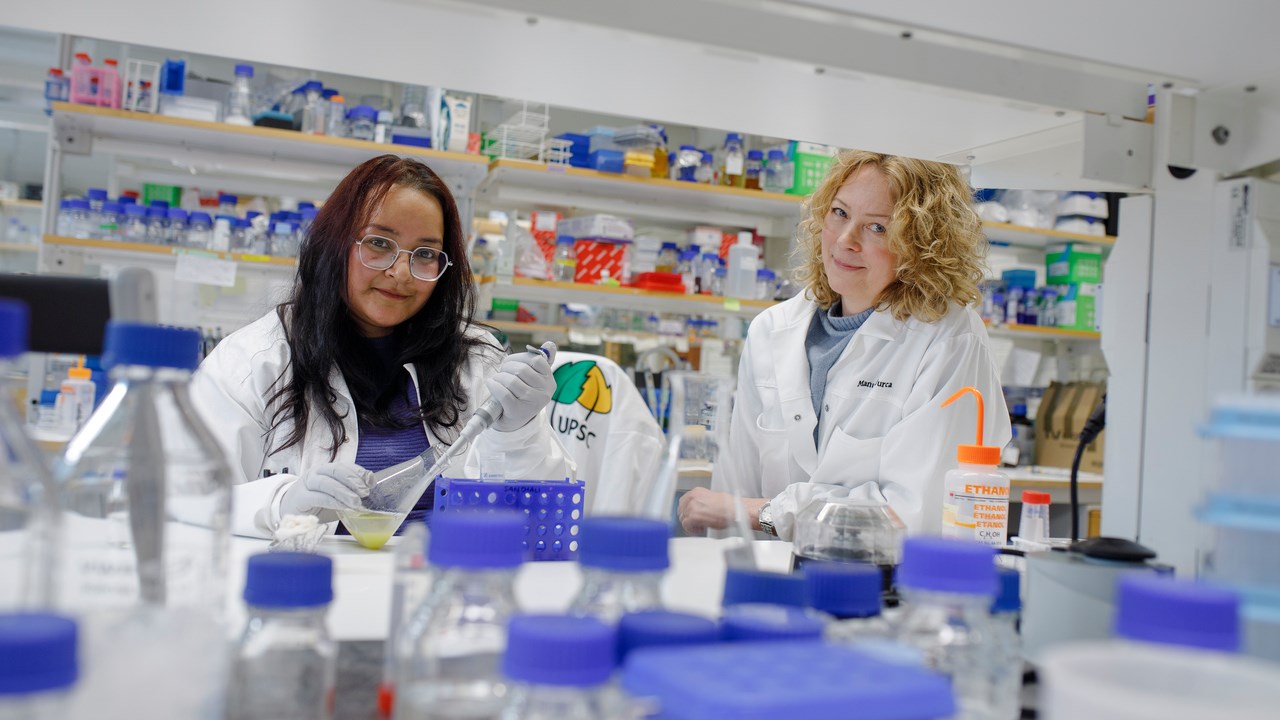
Understanding plant signaling systems for more resilient crops
PROFILE Umeå University is a leader in experimental plant biology. Åsa Strand studies how the different parts of plant cells communicate and explores ways to redesign photosynthesis to be more efficient. The goal is to develop robust crops to meet one of the greatest challenges of our time: securing a sustainable food supply for the world's growing population.





